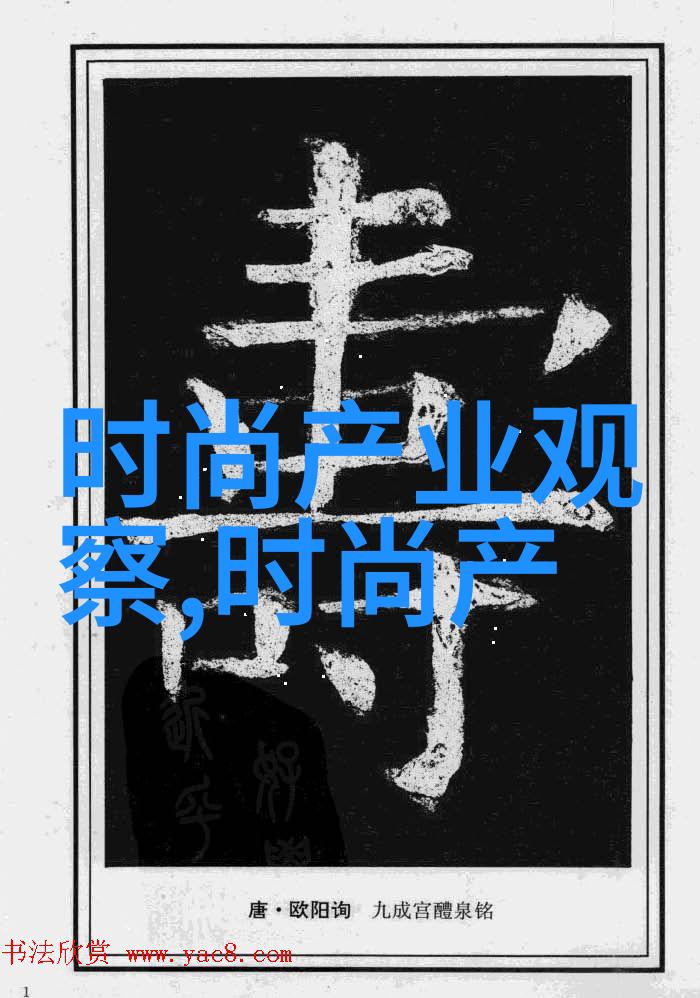Eco-Chic Revolution: How Sustainable Fashion is Redefining Style

Introduction
Sustainable fashion, also known as eco-fashion or green fashion, has become a prominent trend in the industry over recent years. As consumers become more environmentally conscious and socially aware, designers and brands are increasingly incorporating sustainable materials, practices, and technologies into their collections.

The Impact of Fast Fashion on the Environment
Fast fashion refers to the rapid production and consumption of trendy clothing at affordable prices. This business model has led to an unprecedented level of waste in the environment due to its focus on low-quality materials that cannot be easily recycled or repurposed.

The Rise of Eco-Friendly Materials
Designers have been experimenting with innovative eco-friendly materials such as organic cotton, bamboo fabric, hemp textiles, recycled polyester (made from plastic bottles), Tencel (derived from wood pulp), and even mushroom-based fabrics.

Upcycling: Transforming Waste into Wearable Art
Upcycling is a creative process that transforms discarded materials into valuable products without degrading them by turning them into something better than their original state. In fashion design upcycling can involve reusing vintage clothes or old garments to create unique pieces.

Zero-Waste Design: A New Frontier in Sustainable Fashion
Zero-waste design involves creating patterns where every piece of fabric used results in no waste during cutting out patterns for garments – thus reducing unnecessary scraps generated throughout the production process.
Circular Economy Principles Applied to Clothing Production
The circular economy approach emphasizes designing products that are restorative by nature; they are designed for longevity rather than obsolescence through continuous improvement processes towards safer products through recycling or biodegradation—thus promoting a closed-loop system where resources flow continuously but do not deplete finite stocks.
Ethical Manufacturing Practices: Fair Labor Standards Matter Too!
Ethical manufacturing practices extend beyond environmental concerns; they encompass fair labor standards as well – ensuring workers' rights are respected while maintaining high levels of quality control within supply chains worldwide.
Consumer Behavior Shifts Toward Sustainability Consciousness
Consumers today increasingly seek ethical consumerism options when making purchasing decisions about clothing items – this shift reflects growing awareness about social responsibility alongside environmental sustainability issues affecting our planet's future health.
Conclusion & Future Prospects
In conclusion, sustainable fashion trends show promising signs towards embracing eco-friendly approaches for long-term preservation against climate change challenges faced globally today.
As we move forward with these new concepts evolving further across industries worldwide — it's crucial we support businesses committed towards greener futures now so everyone benefits equally tomorrow!



